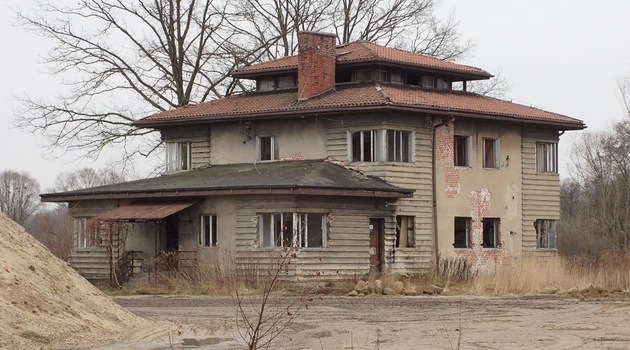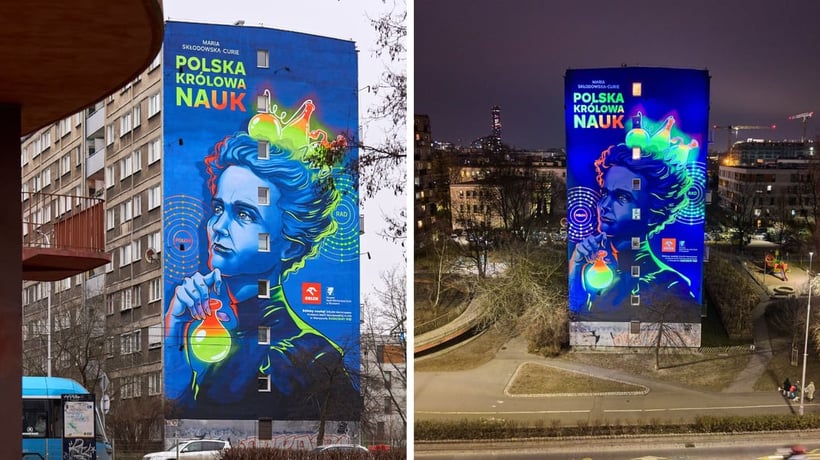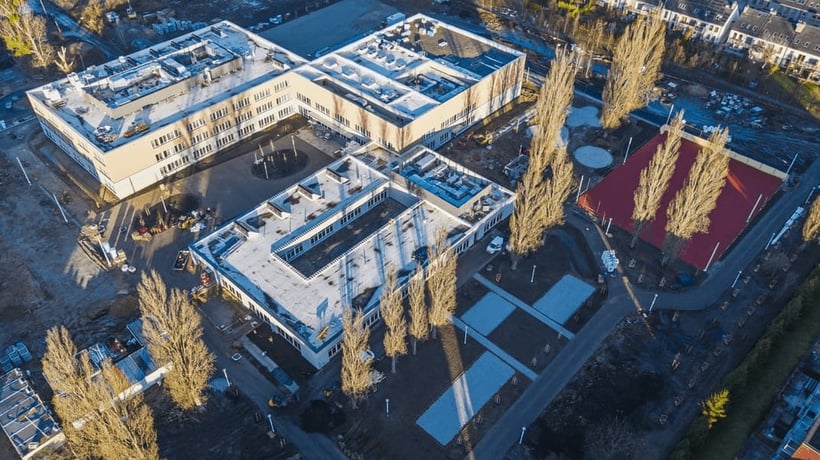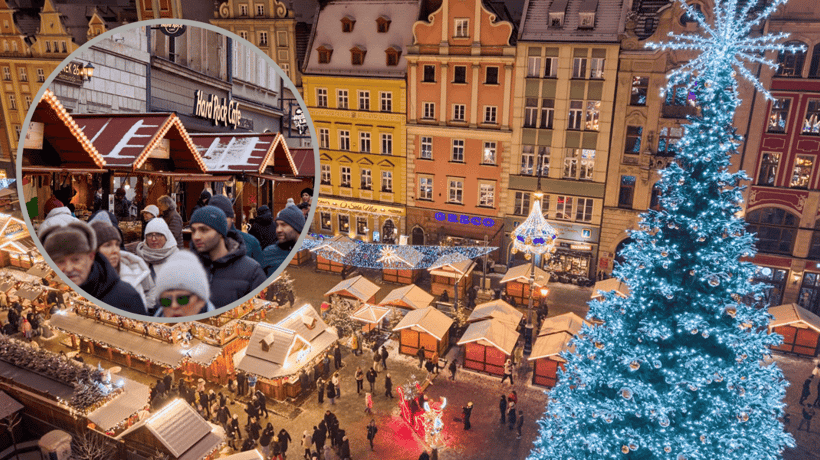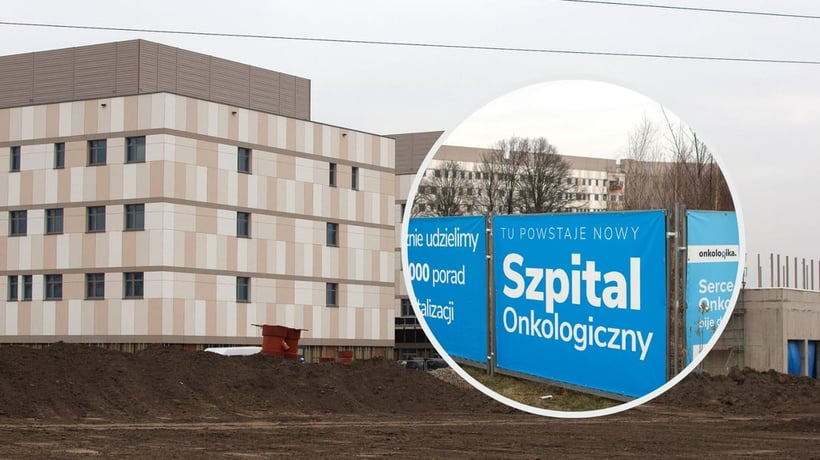In his email, Carl Swanback would like to know how to find the death certificate of his grandfather, who was a German pilot and died on 25 February 1945 in Breslau. He also asks if there are any photographs or documents available. "His name was Albrecht Voll and I've got his photo if that may help."The resident of Osnabruck apologises that his email is not in Polish: "My father, Heinz Ulbrich, was born in Wroclaw in 1925. After World War II, he lived near Marburg, Hesse. He died in 1979. I would like to learn more about the history and the place where he was born, where he lived before World War II, about his family in Wroclaw, etc. Can you help me?".Someone else is looking for the birth certificate of Dr Jan Werner, who was born on 21 September 1902 in Wroclaw.
Seven thousand entries
Foreign visitors who search information on their grandfathers and great-grandfathers from pre-war Wroclaw may seek help at thelocal Registrar's Office. They can send enquiries in German or English. The Registrar's Office confirms that in recent years hundreds of people from abroad have sent enquiries to collect information on their family members who lived and died in Wroclaw before World War II.
"At the Registrar's Office, we have more than a million German registry documents, which is more than anywhere else in Poland. Annually, we make around 7 thousand entries in the birth certificates of persons who were born in Breslau and died abroad, for example, in Germany," confirms Henryk Kalinowski, Head of the Registrar's Office in Wroclaw. The majority of the enquiries come from Germany or the US, and were sent to obtain information for genealogical research or succession proceedings. The Registrar's Office in Wroclaw can store documents for up to 100 years, as they are later transferred to the State Archive.
Where is my ancestor's grave?
Foreign visitors often turn to the City Museum for help. "Every year, over 100 people from all over the world ask us to help them establish the name of a particular street or the address of a particular building. They would like to know where their ancestors were buried and how to find the grave. Just the other day, someone asked me about one of the schools in Wroclaw and its name before World War II," recounts Ewa Pluta, Spokeswoman for the City Museum in Wroclaw.
The enquiries usually come from the descendants of the former Jewish residents of Wroclaw. They write from Germany, the US, Brazil, Israel and even New Zealand. The spokeswoman admits that the majority of enquiries concern the Jewish cemetery, and the museum personnel find it easier to obtain the necessary information if the descendant's family were well known in the city, e.g. their members were elected to the Municipal Council or were distinguished scientists. "As we search the traces of our ancestors, we often come across something nice and unusual," says Ewa Pluta.
The museum personnel often help the descendants to make contact with the following institutions: the Piasek Library, in which pre-war Wroclaw's address books (Adressbuch Stadt Breslau) are stored, the University Library, the State Archive or the Arsenal, where construction records are kept (maps, designs and photographs of buildings collected by the Baupolizei Breslau, that is, the German building control services) until 1945. "The descendants of the former residents of Wroclaw often decide to visit us in person, and we stay in touch with some of them later on," says the spokeswoman.
They break into tears with joy
For more than seven years now, Piotr Szereda from Wroclaw's Municipal Guards has been helping foreign visitors to find the traces of their ancestors. He is so passionate about it that he has learnt fluent German. He translates written records that date back as far as the mid-19th century, he travels in Wroclaw and the vicinity to speak with the owners of the former German houses, and he also takes photos and makes videos to send them to the descendants. "They are really grateful because they don't know where to find the records. Some of them, when we look for graves, for example, are afraid to leave their cars, and they respond with surprise when Polish people, despite the painful time of WWII, are willing to help them," says Piotr Szereda, who makes contact with foreign visitors that browse the website www.breslau-wroclaw.de.Sylvia wanted to know if her grandfather's factory (Breslauer Eiswerke) and his house in ul Wilcza had survived. The area was taken over by developers who had the plant demolished, but her family villa survived due to its historic value. "Sylvia came with her son and a bunch of flowers. She broke into tears when we entered her home. Then we went to the Centenary Hall, but she ran away when she saw it. On Hitler's visit to the city, her brother had to stand by the Hall and beat the drum. When he grew faint, the supervising officer would beat him with a whip," recounts Piotr Szereda. The Germans who visit Piotr Szereda in Wroclaw have more memories like these.
Piotr does more than just help in their searches. "Once, on the request of my customer, I gathered a handful of earth from the cemetery at Chrząstawa Wielka and sent it to the US, The earth was his gift to his mother. She was so happy that she broke into tears," he reminisces. He also made a scan of a PhD dissertation written by a Jewish resident of Wroclaw, who presented and defended it at the Faculty of Law at the University of Wroclaw. The scan was later sent to his descendants in the US. They gave it to his grandson, who wrote a thesis on the same subject as his grandfather. Piotr Szereda makes it clear that people change as they discover their past. "Both German and Polish people begin to break the ice at these meetings. We learn more about each other and give up prejudice. We are now neighbours, after all, and we should help each other."
Where to seek information on your ancestors?
Registrar's Office in WoclawState Archive (records from 1913 and older)City Museum in WroclawCity Arsenal (construction records from 1945 and older)Wroclaw University Library - Piasek Collection (Adressbuch Stadt Breslau)Wroclaw University Library - Archivewww.breslau-wroclaw.de.http://dolny-slask.org.pl
Eliza Głowicka
